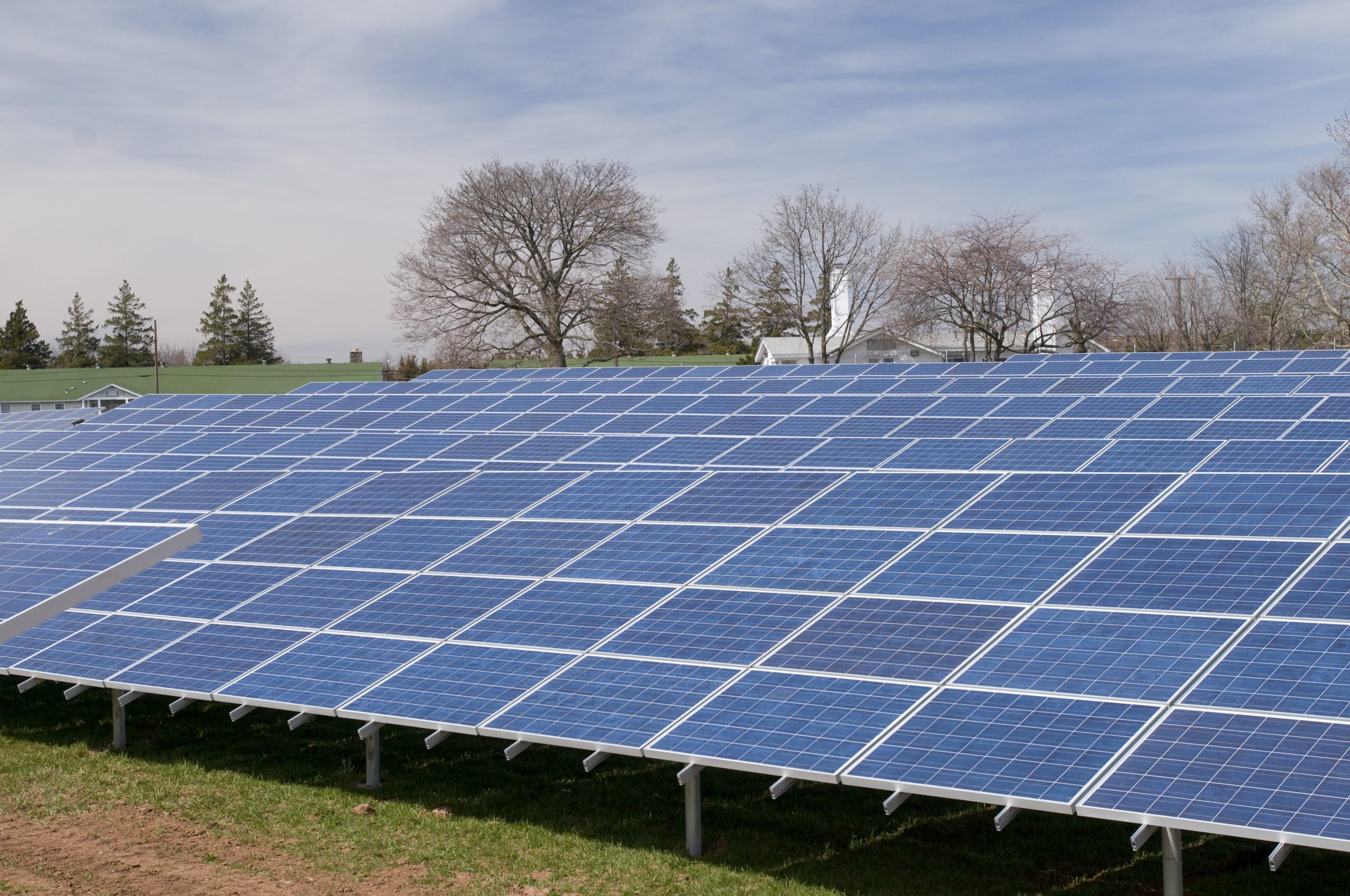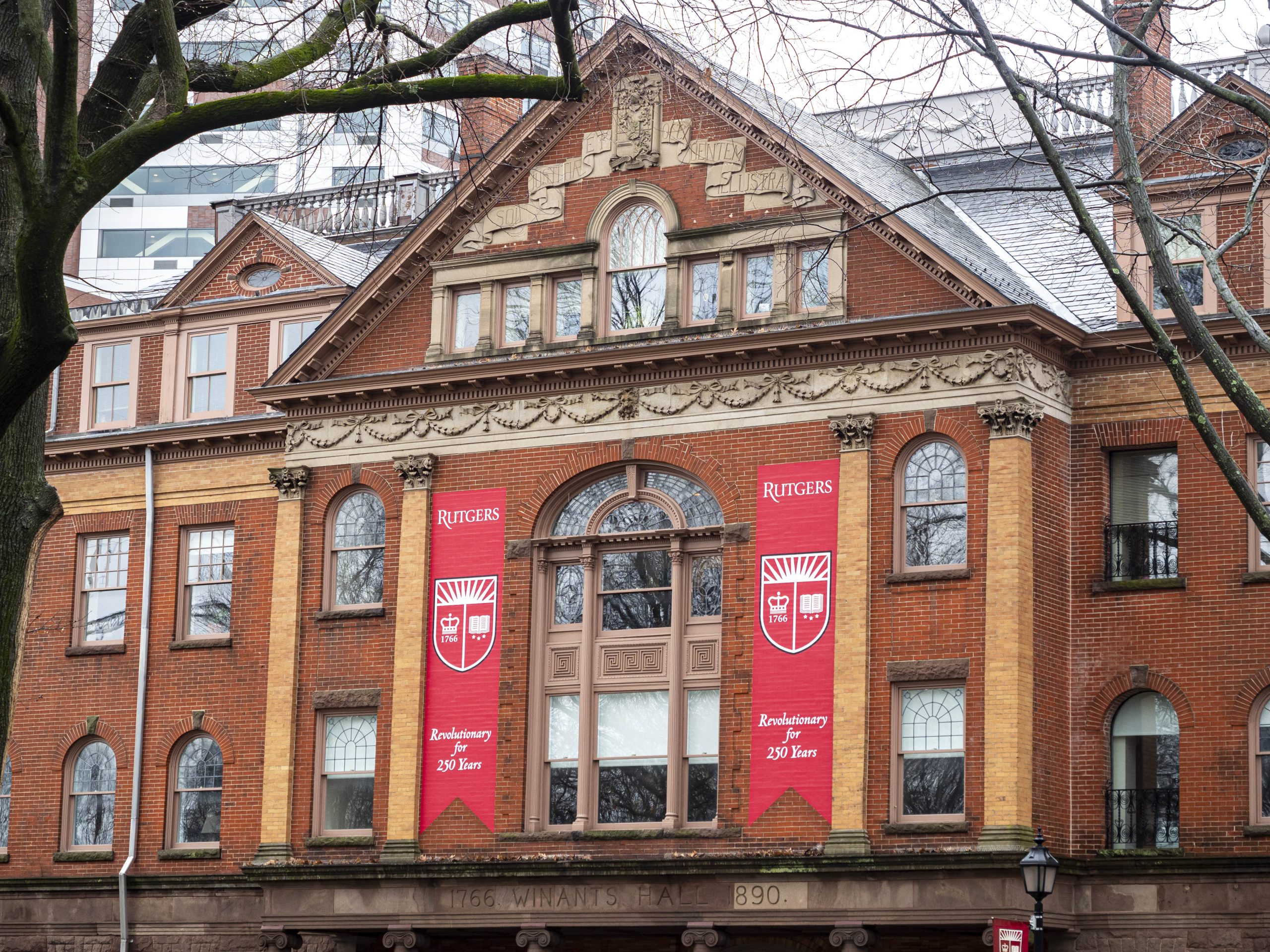Energy & Buildings
Climate Action Group
Mission
The Energy and Buildings Climate Action Group will measure and reduce emissions associated with existing buildings and facilities, and work to produce and procure renewable energy to run the Rutgers campuses.

Data Dashboard
More information will be added below as the datasets continue to come online.
Chair: Mike Kornitas
Director of Sustainability and Energy, Rutgers IP&O

Members
Laura Berman, Assistant Vice President and Assistant University Architect, Rutgers IP&O
Theodore Elonis, Senior Director, Plants & Distribution, Rutgers IP&O
John Fritzen, Director, Facilities and Renovations, Rutgers IP&O
Christopher Hack, Director, Facilities Contract Services, Rutgers IP&O
Mohsen Jafari, Professor and Department Chair, Industrial and Systems Engineering, School of Engineering, RU-NB
Mark Rodgers, Assistant Professor, Rutgers Business School
Glenn Vliet, Senior Director, Utilities Operations, Rutgers IP&O

Scope:
- Reduce direct (Scope 1) emissions associated with building facilities at least 20% by 2030.
- Retrofit less efficient buildings
- Install metering, monitoring and control systems
- Eliminate emissions associated with electricity purchased off the grid (Scope 2) by 2030.
- Expand on-campus solar generation
- Procure off-campus zero-carbon electricity
- Eliminate direct (Scope 1) emissions associated with facilities by 2040.
- Phase out fossil natural gas heating and co-generation

















